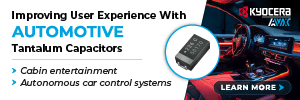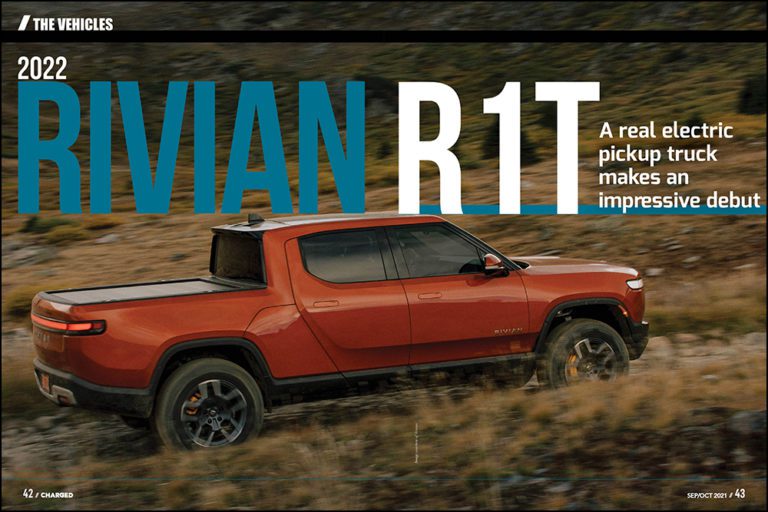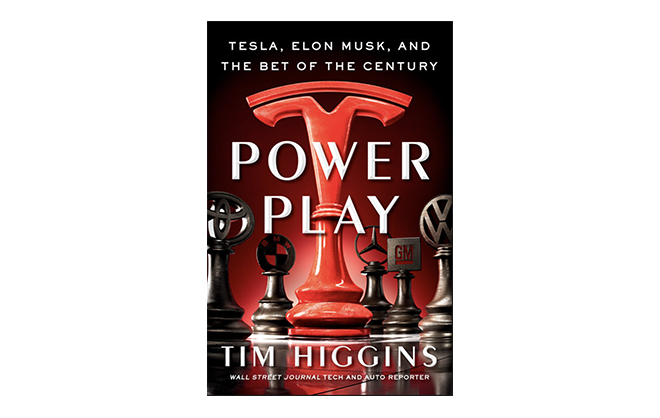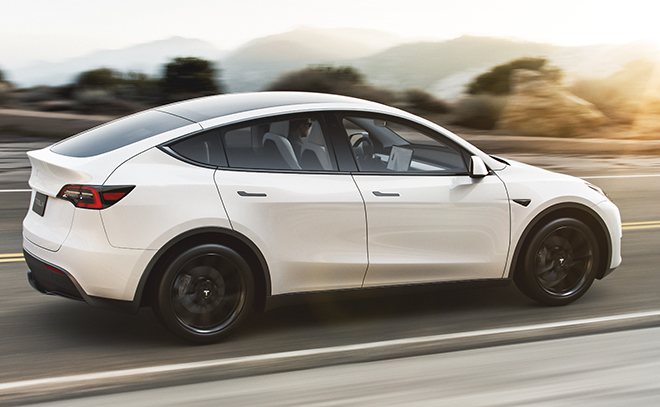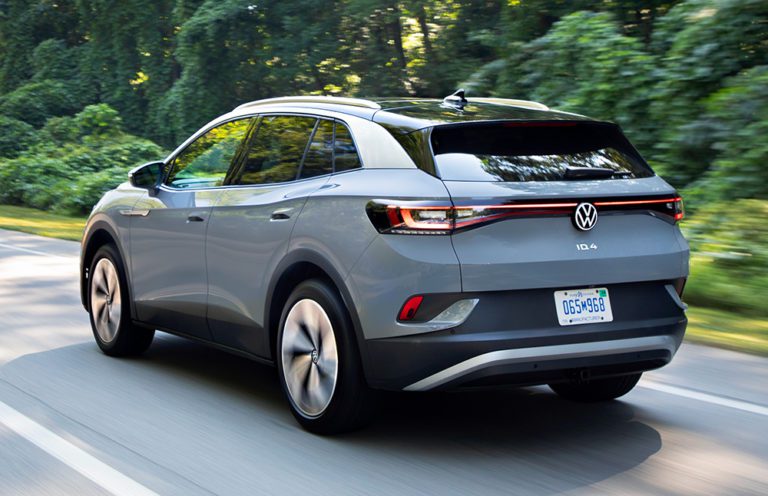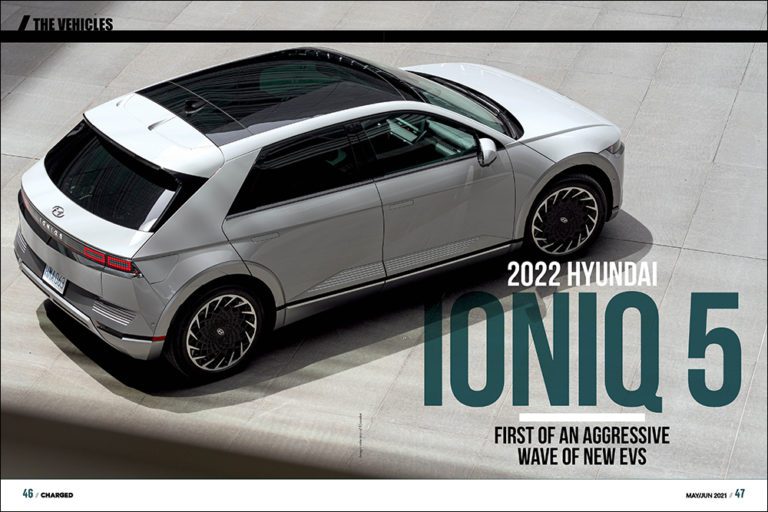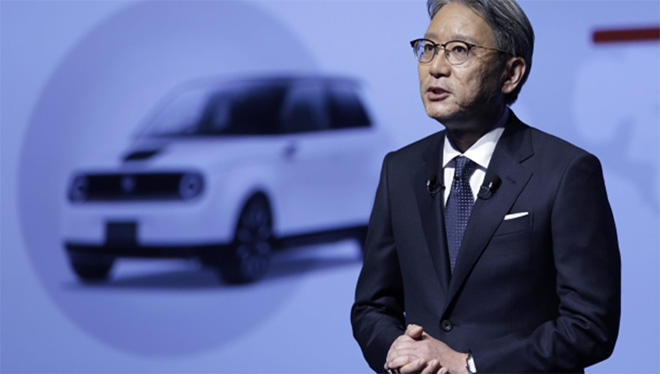Could Rivian emerge as “the next Tesla?” On the strength of its debut truck, that’s not an unreasonable question. If you want to attract attention, keeping a company in stealth mode for several years is a good way to do it. The startup carmaker Rivian was founded a decade ago by RJ Scaringe, but it… Read more »
Search Results Found For: "Toyota"
Carbon Counter charts emissions and price of all US auto models
How green is an EV? A PHEV? A hybrid? Most Charged readers understand that the answer depends on many factors, including the efficiency of a particular model, the region in which it operates, and the type of driving it’s used for. The clever folks at MIT have devised the ingenious Carbon Counter, an online tool… Read more »
Book review—Power Play: Tesla, Elon Musk, and the Bet of the Century
Considering the massive media coverage of Tesla over the last decade, it may seem surprising that there aren’t more books about the company. When I first released my history of Tesla in 2014, I expected to have a short window of exclusivity before a “real” book—one with a hard cover and celebrity blurbs on the… Read more »
Tesla lobbies to increase penalties for automakers who don’t meet fuel economy standards
In the arcane world of federal fuel economy standards, automakers that fail to comply with the US Corporate Average Fuel Economy (CAFE) requirements can buy emissions credits from an automaker that has excess credits to sell. This has turned into a lucrative side business for Tesla, the only company that has sold substantial amounts of… Read more »
Volkswagen’s ID.4 electric crossover has it all—practical and fun
The Volkswagen ID.4, which went on sale in the US earlier this year, could turn out to be a very important vehicle for a couple of reasons. It’s the first of VW’s new-generation EVs to reach the US. That is, it’s the first to be built by the post-scandal, reformed and repentant VW, and the… Read more »
2021 Jeep Wrangler 4xe: The legendary SUV brand’s first plug-in hybrid
The plug-in hybrid version of the Jeep Wrangler offers useful all-electric range and great electric torque—if drivers plug it in. Do they? The accelerating pace of electric vehicle launches has brought us to this: The first Jeep in the US to get a plug-in hybrid version is the legendary Wrangler. In Europe, it was smaller… Read more »
Parsing the latest proposal to revamp the federal EV tax credit
The House Ways and Means Committee and the Senate Finance Committee have released proposals to revamp the federal EV tax credit program. The two proposals will be reconciled, and the final version is expected to be included in the pending reconciliation package. The Zero Emission Transportation Association has published a detailed description of the two,… Read more »
2022 Hyundai Ioniq 5: First of an aggressive wave of new EVs
The 2022 Hyundai Ioniq 5 should be taken very seriously when it goes on sale this fall. It will be a new and likely very competitive entry in what will soon become a crowded field of EVs in the popular “compact crossover” segment. It’s not the first such EV: the Ford Mustang Mach-E, Tesla Model… Read more »
Five companies produce almost all EV battery cells for the US market
Five companies (AESC, LG Chem, Panasonic, Samsung and SK Innovation) produced almost all the battery cells used in plug-in vehicles for the US market over the past decade. Total capacity produced was 75,933 MWh. Panasonic supplied 74% of all the cells, and a majority of these were installed in Tesla battery packs. A small percentage… Read more »
New CEO confirms Honda will go all-electric by 2040
Honda has become the first major Japanese automaker to set an official date for phasing out sales of fossil-powered vehicles. New CEO Toshihiro Mibe has announced that his company hopes to go all-electric by 2040. Mibe’s announcement confirms a shift that Honda has been hinting at for some months. In 2020, the company partnered with… Read more »






